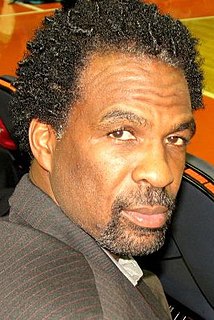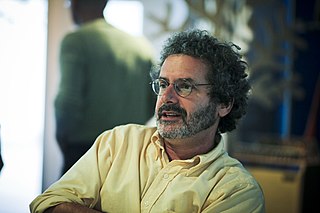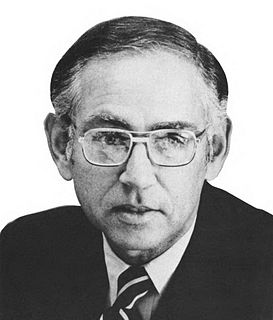A Quote by Dominic Cummings
Complex systems are hard to understand, predict and control.
Quote Topics
Related Quotes
One can expect the human race to continue attempting systems just within or just beyond our reach; and software systems are perhaps the most intricate and complex of man's handiworks. The management of this complex craft will demand our best use of new languages and systems, our best adaptation of proven engineering management methods, liberal doses of common sense, and a God-given humility to recognize our fallibility and limitations.
As we build systems that are more and more complex, we make more and more subtle but very high-impact mistakes. As we use computers for more things and as we build more complex systems, this problem of unreliability and insecurity is actually getting worse, with no real sign of abating anytime soon.
This story is the ultimate example of American’s biggest political problem. We no longer have the attention span to deal with any twenty-first century crisis. We live in an economy that is immensely complex and we are completely at the mercy of the small group of people who understand it – who incidentally often happen to be the same people who built these wildly complex economic systems. We have to trust these people to do the right thing, but we can’t, because, well, they’re scum. Which is kind of a big problem, when you think about it.




































